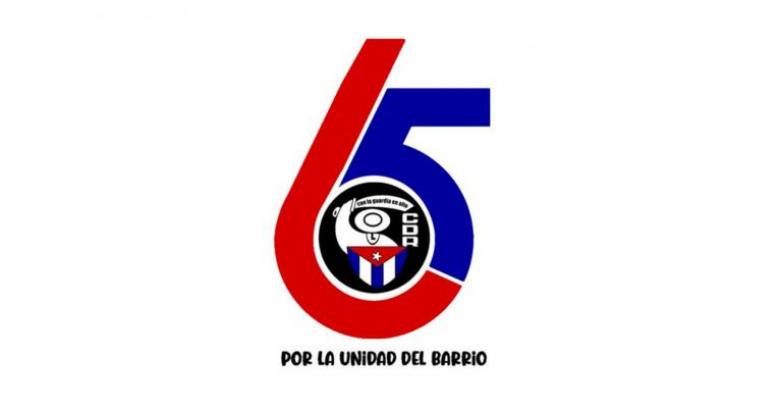EDITORIAL: A Lasting Commitment to the Revolution
especiales

Given the new social, economic, and political circumstances the country is experiencing, some might think that the Committees for the Defense of the Revolution (CDR) are an obsolete organization, anchored in a past that no longer speaks to today's challenges.
However, it is precisely in these times that the need to rethink and adapt the CDR to the era we live in becomes imperative.
Far from having lost their reason for being, the committees retain an organizational capacity that remains indispensable for community life in Cuba.
Since their founding on September 28, 1960, on the initiative of Commander in Chief Fidel Castro, the CDR emerged "as a direct response to counterrevolutionary threats," in a context marked by tension and external siege. On that historic night, "when a firecracker attempted to silence the people during a mass rally in Havana," the response was clear: unity, commitment, and firmness. The CDR were born to guarantee collective revolutionary vigilance, but since then their role has expanded far beyond security.
Over time, the Committees became consolidated "as an essential structure in the neighborhoods, block by block, at the service of the great missions of the Revolution." From active vigilance, they moved on to lead community tasks, articulating with state institutions to support health, education, and solidarity campaigns.
During the COVID-19 pandemic, their leading role was once again palpable: the distribution of food, support for vaccination, and health tasks are just a few examples of their capacity for action.
But beyond emergencies, the CDR have been an effective channel for citizen participation during moments of profound political debate, such as the constitutional consultation of 2019 and the Referendum on the Family Code. In every corner of the country, the committees facilitated exchange, promoted dialogue, and brought politics to the grassroots. "This demonstrates that they are not only a structure for mobilization, but also a space for reflection and democratic exercise from within the community."
On their 65th anniversary, the relevance of the CDR should not be measured by nostalgia, but by their ability to transform and remain useful.
Today, "when social dynamics are more complex, when young people demand new forms of participation, and when solidarity becomes more necessary than ever," the Committees are called to renew themselves without losing their essence: to be a tool of the people, for the people.
More than ever, the CDR have the historical responsibility to be active actors "in the construction of a more just, inclusive, and participatory Cuba."
Translated by Sergio A. Paneque Díaz / CubaSí Translation Staff













Add new comment